Focusing on Türkiye as a crossroads and as a distinctive creative and cultural hub in both global and neighbourhood perspectives, the BIAA funds research that falls within its Strategic Research Initiatives (SRIs). These SRIs reflect current trends in the international and UK academic communities within the fields of Archaeology and Related Disciplines, Cultural Heritage Management, and History, Politics and Social Sciences.
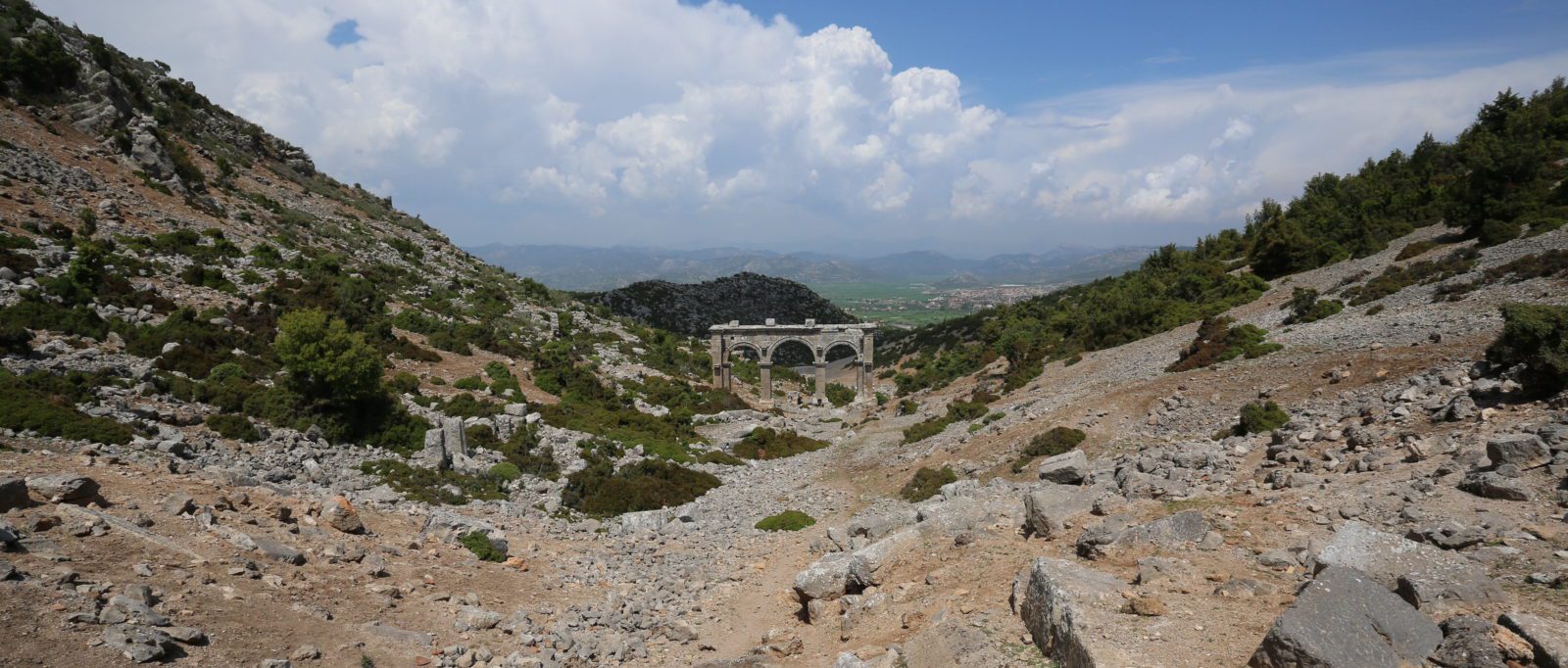
Türkiye and the Black Sea region are located between different geographical and political areas: Europe and the Balkans, the former constituents of the Soviet Union, the Caucasus, Central Asia, Iran and the Middle East. Their location inevitably constituted them as a physical bridge and placed them at the crossroads between different historical forces and empires. This was as much a feature in prehistoric as in historical and contemporary times when cross-boundary migration remains an important domestic and international concern. The interplay between geographical factors, diverse political entities, and patterns of migration has been a significant factor in shaping the countries’ domestic and social make-up. It played an important role in forming cultural identities whether at individual, regional, national or supra-national level. Simultaneously, these processes in relation to migrant communities have also influenced the neighbouring areas around Türkiye and the Black Sea region. This SRI aims to promote research across different academic disciplines that relate to the themes of migration in Türkiye and the Black Sea region.
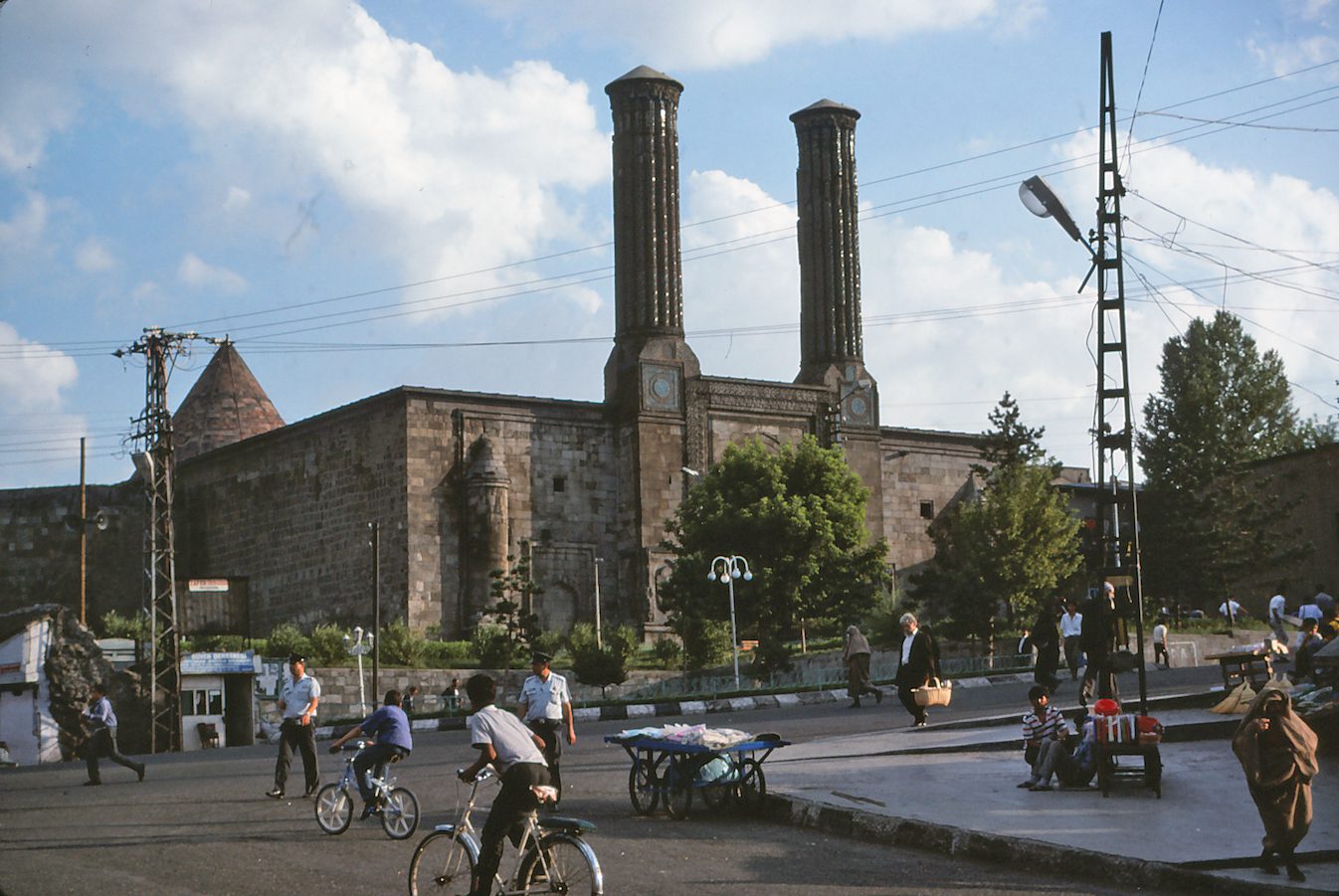
The promotion, management and regulation of cultural heritage is a complex process involving many different agents and stakeholders on local, national and international levels. This is a critical area of public policy involving a range of actors that include international organisations, government ministries and agencies, political parties, businesses, museums and local communities. How cultural heritage is produced, interpreted and understood can have a profound impact on social and economic activity and decision-making. It influences the formation of social values and ideas as well as notions of common identity and history, and also affects economic and infrastructural management. The importance of Cultural Heritage Management is increasingly recognised and acknowledged in Türkiye and the field is developing rapidly. New issues and problems have emerged, for which solutions that comply with and enhance the highest international standards have to be found within Türkiye. This SRI sets out to examine the relationships between the many agents and actors in the field of cultural heritage in the Turkish context.
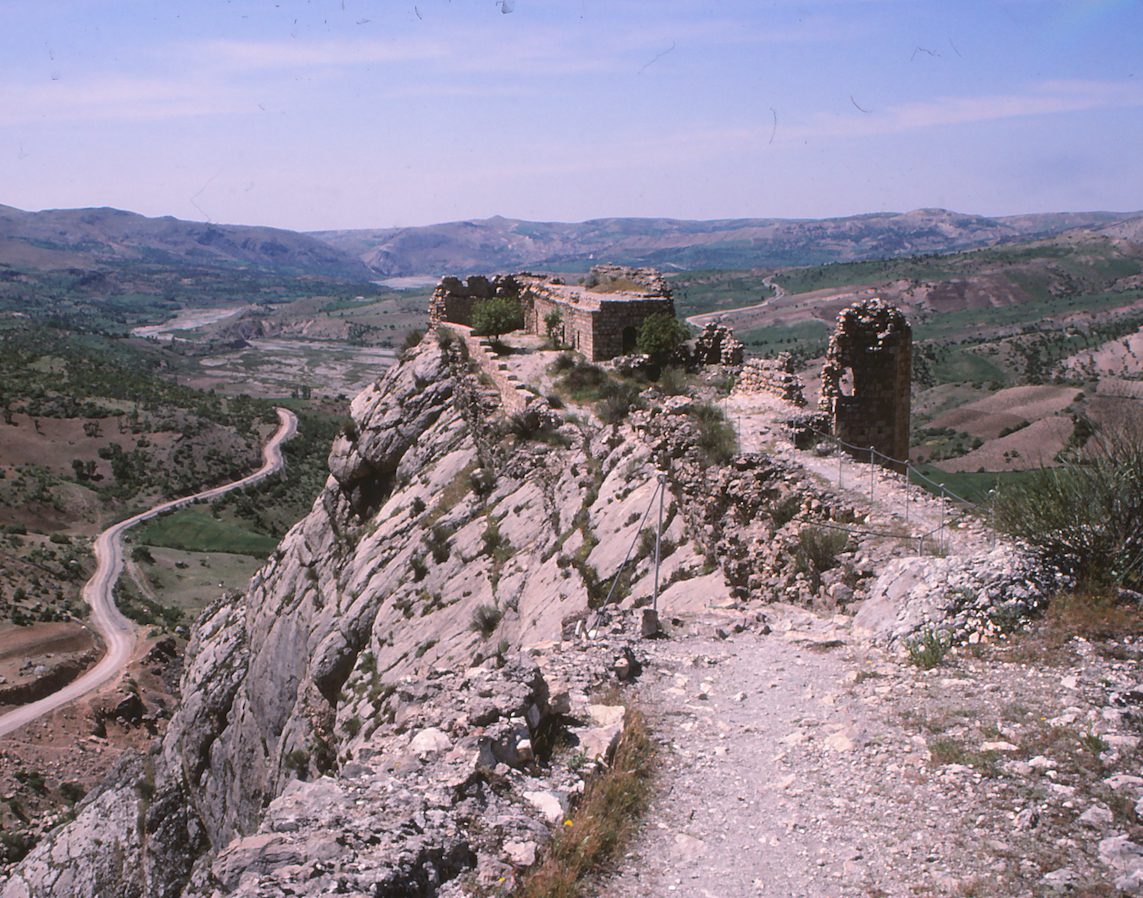
Türkiye, located next to Armenia, Bulgaria, Greece, Cyprus, Syria, Iran and Russia, lies at the heart of processes of both peace and conflict. There are similar processes within Türkiye itself – the product of internal political cleavages and boundaries and the role of religion and ethnicity as engines for polarisation or contact. Both regionally and domestically, there are opportunities for research on these issues that can aid understanding of the historical background of peace and conflict in the region, by mapping similarities and differences across the different states and societies involved in them. This SRI promotes inter-disciplinary collaboration across history, social anthropology, sociology, political science, conflict resolution, transformation studies, securitisation and international relations studies. It aims at identifying best practice procedures which have produced positive results in the past (for example, the shift in Greek-Turkish relations from protracted conflict to the scale of manageable disputes), and at bringing this understanding to bear on other confrontational pairings. The wider objective is a positive spill-over of the results of academic research across policy making and the promotion of peace and stability in the region.

Pioneering a new research agenda on the history of UK-Türkiye relations, the BIAA introduced this SRI in 2015 in combination with a major research project entitled ‘Turkey and Britain 1914-1952: From Enemies to Allies’ that will run until 2019. This SRI aims at building on this project to create an active and sustainable network of scholars from Türkiye, the UK and other countries that will promote diverse approaches to the study of the early Turkish republic, especially its foreign policy, its relationship with Britain, and its place in the world order. Research and funding administered under this SRI will support diversity and collaboration across different historiographical traditions (diplomatic and military history, oral and microhistory, etc.) aiming at the unearthing and access of a full range of archival and other source material from the UK, Türkiye and elsewhere. This SRI’s objective is to promote the exploration of new themes significant for the understanding of bilateral relations in the past, as well as their development in the present and future.
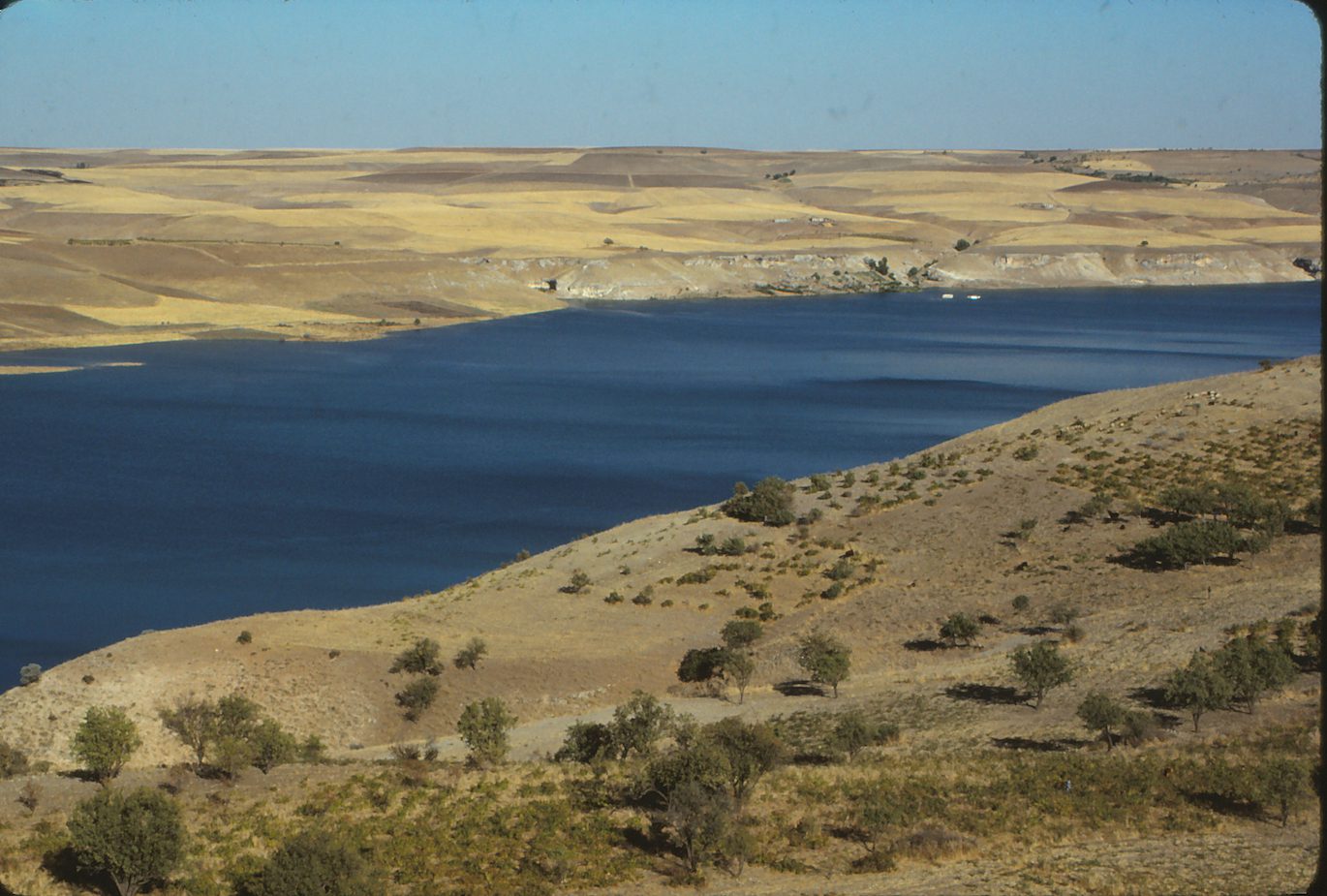
As environmental issues become an increasingly acute concern worldwide, Türkiye is a country of prime interest in the field of climate studies. Due to its location, it presents an ideal opportunity for exploring and understanding climate development and the history of global environmental change within the context of contemporary international relations. Lake sediments, tree-rings, speleothems and peat deposits represent valuable natural ‘archives’ of environmental change which have been under-explored in both Türkiye and the wider Black Sea region. This programme of research into the vegetation and climate history of the region focuses on changes in vegetation, water resources, landscape stability and hazards in Türkiye, the Black Sea area and much of the wider Middle East over time. It also provides a key context of interaction concerning human use of the landscape from prehistory to the present day.
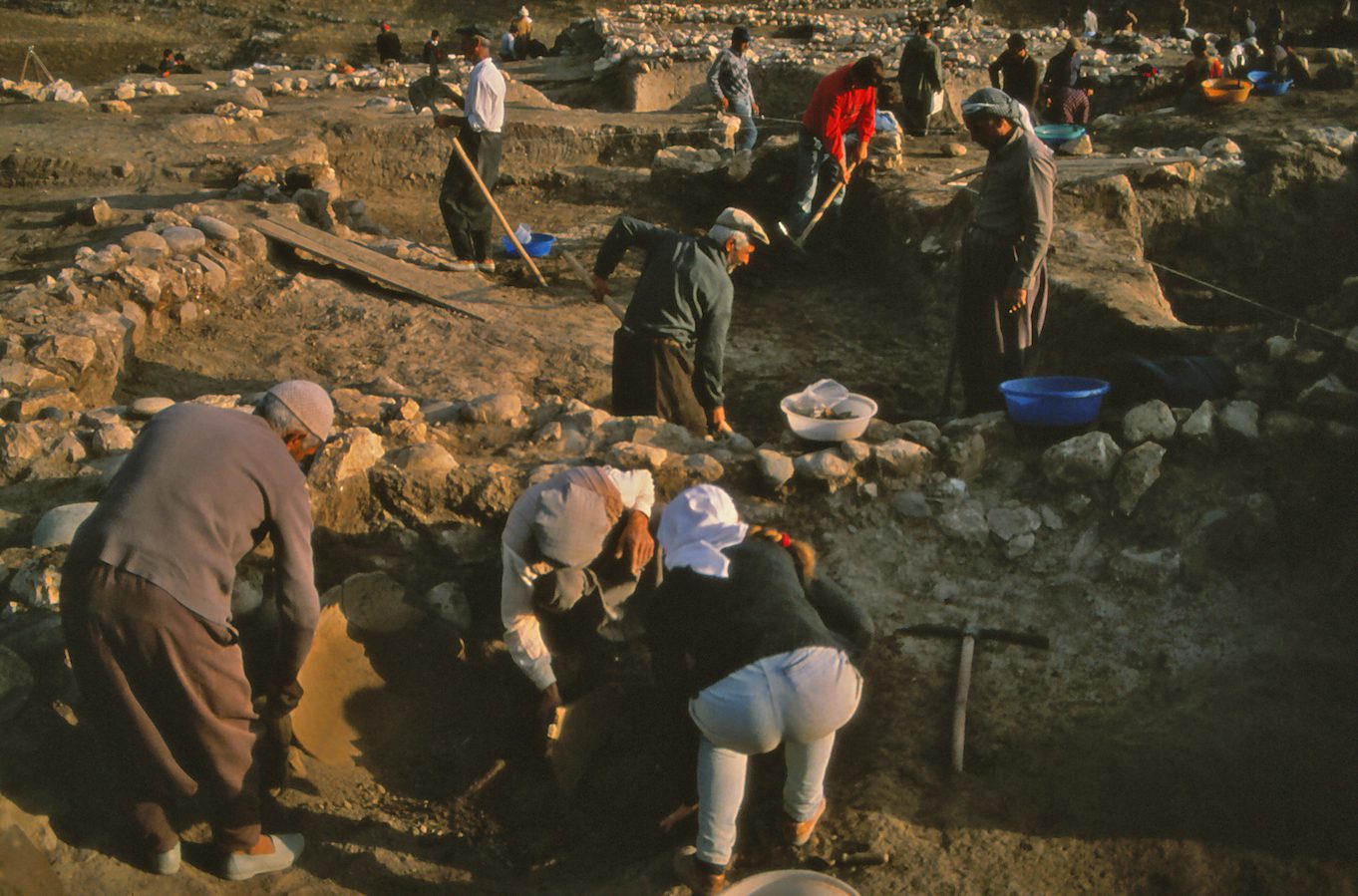
This SRI supports research focused on assessing long-term change from prehistory to the present day. Anatolia has one of the best-defined long-term records of settlement during the Holocene period and its study is central to a range of questions in prehistory, including the changing relationships of humans with the environment, the formation of large-scale settlements, and shifts in urban-rural relationships. Developments in the Black Sea coastal region sometimes ran parallel to changes in Türkiye, but followed a different course at other periods, creating interesting comparisons, parallels and alternatives. Of particular interest are mankind’s attempts to live in as well as adapt to and change conditions set by the environment through time as well as the effect of human beings on their natural environment and landscape.
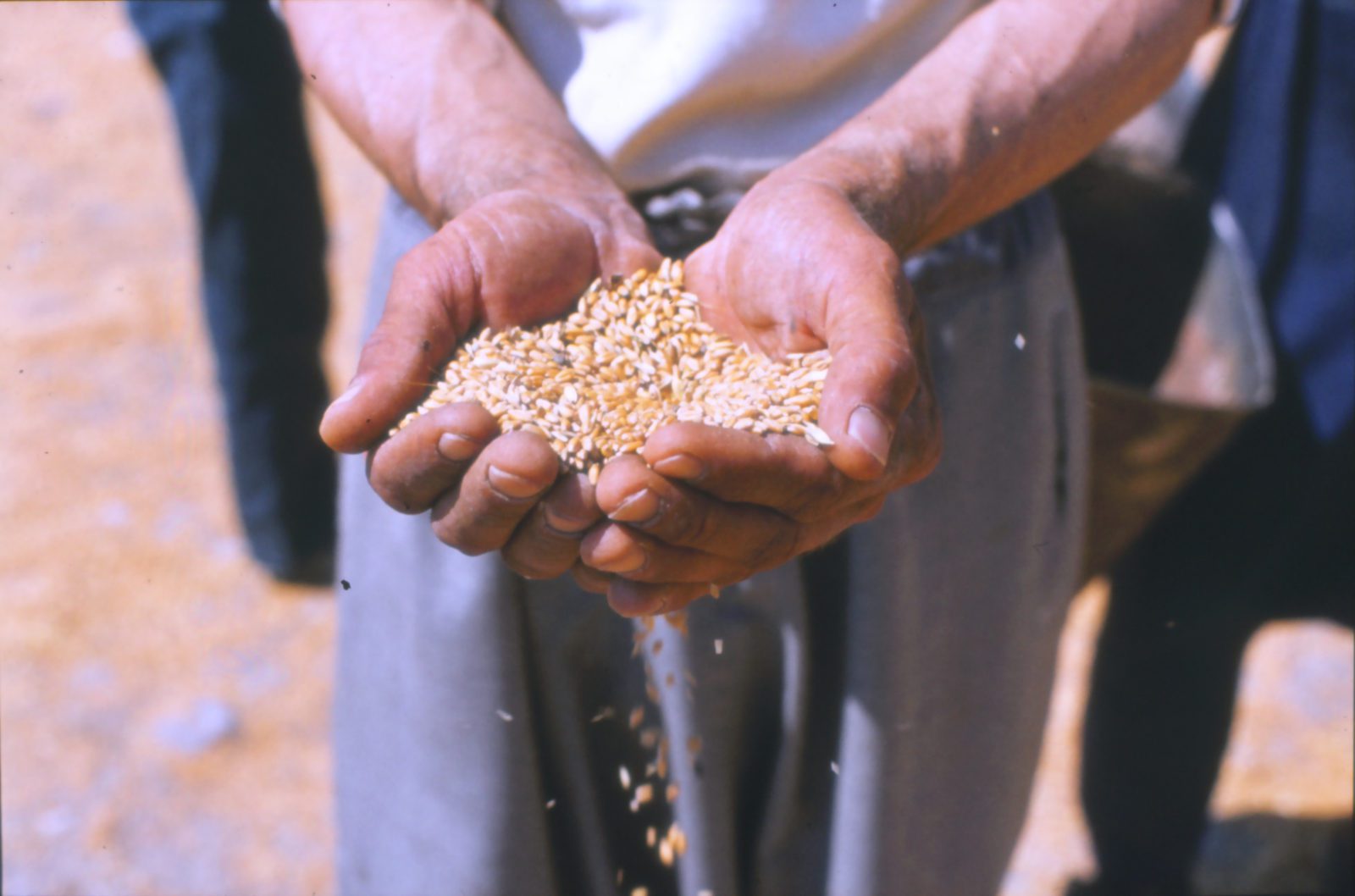
Legacy data present an immensely rich and varied body of largely unstudied information that allows present-day scientists and researchers to further our understanding of Türkiye and the Black Sea region. The BIAA’s own historical collections, including paper and photographic archives as well as archaeological collections, offer insights into the evolution of the topic or material under study as well as information about assets now lost. The BIAA owns collections of squeezes and ceramic sherds as well as large photographic collections and archives that offer excellent study material for scholars in many disciplines, including archaeologists, historians, anthropologists and specialists in epigraphy and ethnology. This SRI aims to promote interdisciplinary academic research that relates to legacy data concentrating on Türkiye and the Black Sea region. Work on the BIAA collections will be an important option, but applications for research on other legacy data available in Türkiye and the Black Sea region are equally welcome.